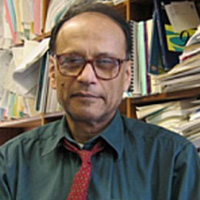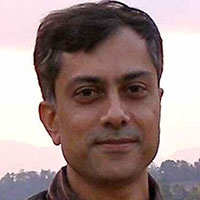Published in February 2021 by the UK government, the ‘Dasgupta Review’ calls for changes in how we think, act and measure economic success to protect and enhance our prosperity and the natural world. Against the backdrop of the Review, in the fourth edition of I4I Conversations, E. Somanathan speaks with Partha Dasgupta, tracing the origins of his interest in environmental economics – a consistent theme of his academic work that spans several fields of economics – and how his thinking on the issue has evolved over the years.
They foray into economic theorising of the ecology’s imprint on collective behaviours; fusing micro and macro perspectives on the embeddedness of the economy in nature; the complexities of accounting for natural wealth in economic terms and enhancing this wealth via small institutional changes; how average yields of primary producers such as algae are much higher than of virtually any other investment; how the millions of small errors we are making are adding up to the gigantic threats from climate change and biodiversity loss we are facing, which have already led to the collapse of many less privileged communities; charging container ships for access to oceans and using the money to pay for “ecosystem services” such as those provided by Brazil to the world by protecting the Amazon; going beyond pollution externalities in standard neoclassical economics, the interplay between government policy and academic publications, and integrating the study of ecology into mainstream economics; the implications that the finiteness of the biosphere has for the concept of unbounded economic growth, creating incentives for people and businesses to invest in natural capital rather than chainsaws, and the taboo around discussing the adverse impacts of large populations.
This is the fourth edition of I4I Conversations.
Also available as a podcast.
I4I is on Telegram. Please click here (@Ideas4India) to subscribe to our channel for quick updates on our content




 20 December, 2021
20 December, 2021 





Comments will be held for moderation. Your contact information will not be made public.